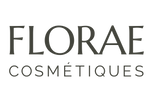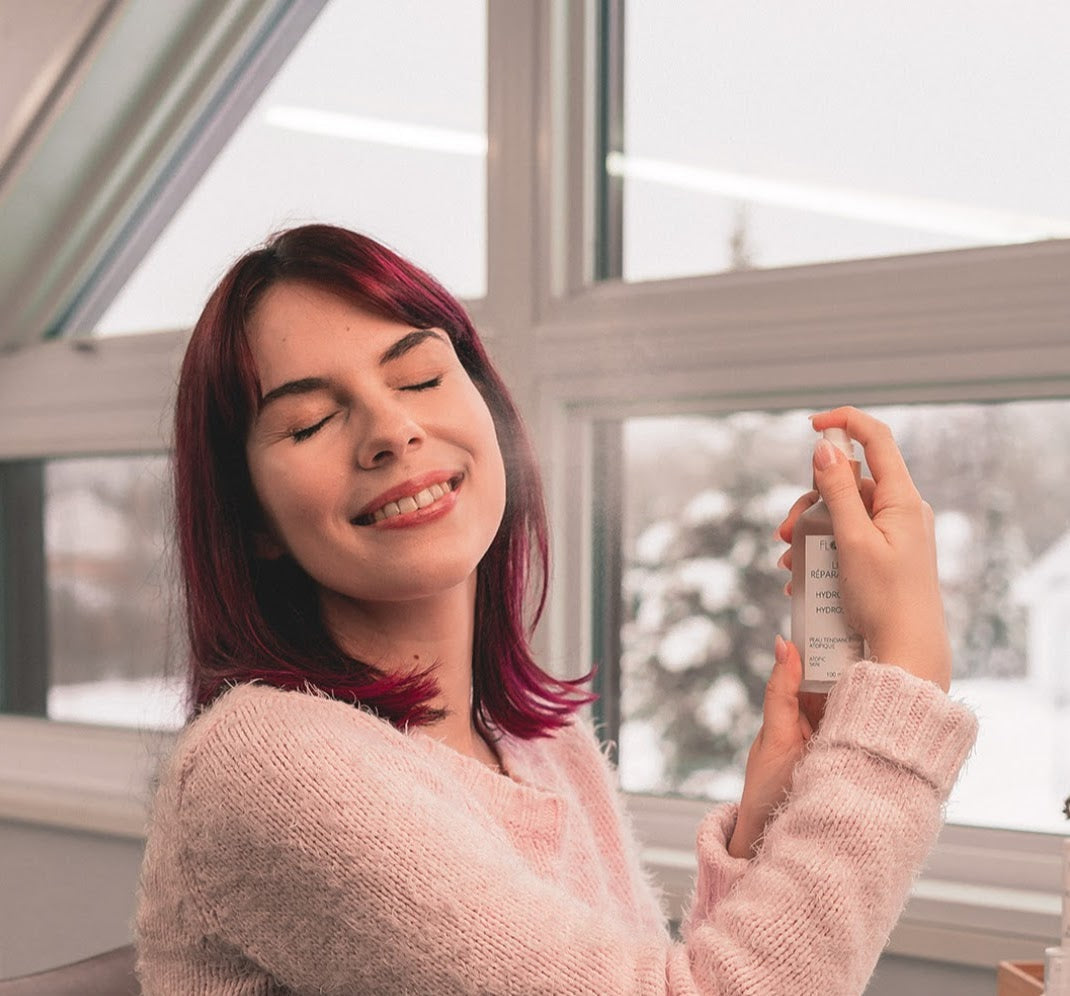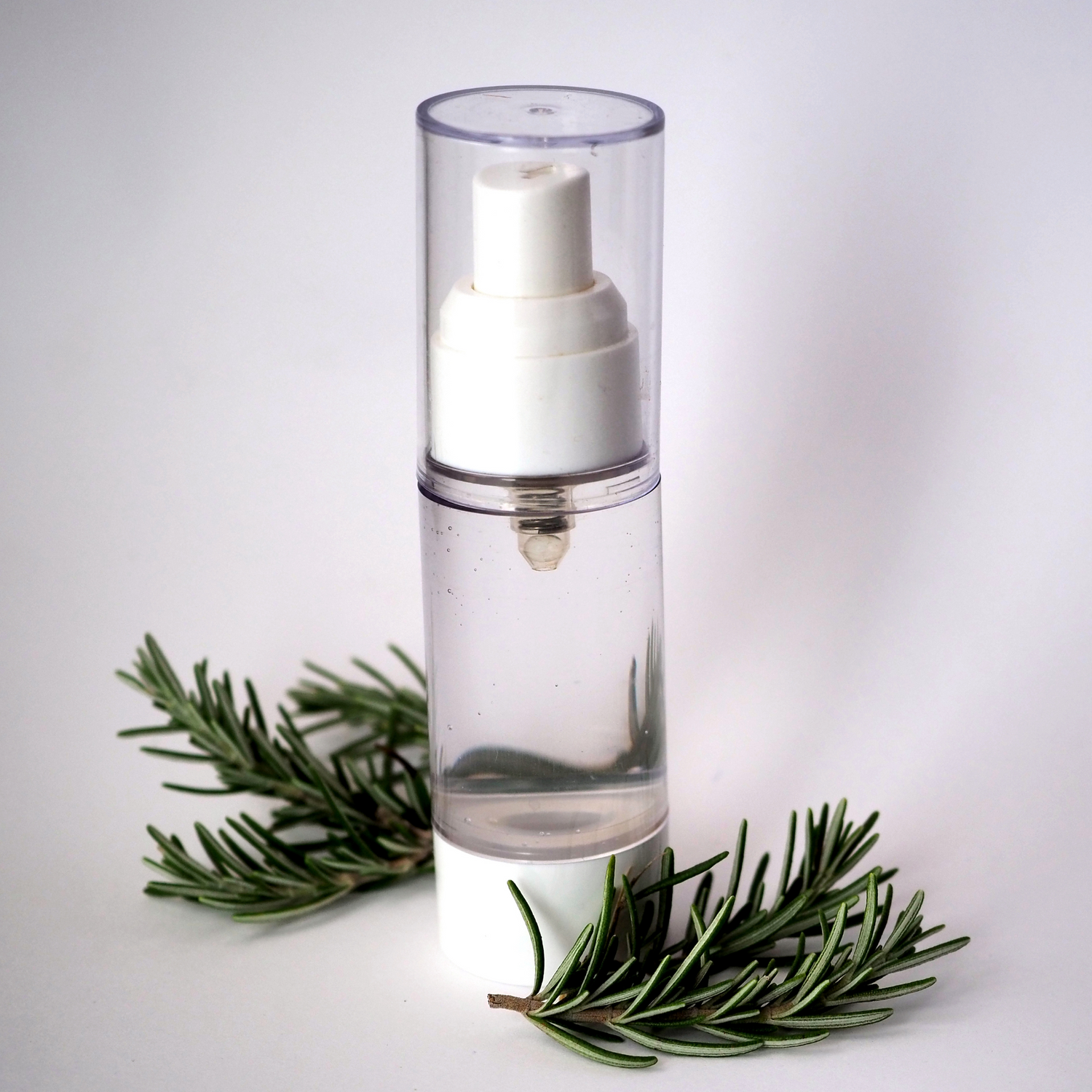In a world where appearance is increasingly valued, the cosmetics industry is thriving like never before. However, behind the promises of radiant beauty and eternal youth lie far less than stellar practices. This article aims to open your eyes to some of the realities of the cosmetics industry and encourage you to make informed choices.
Greenwashing: a disappointing reality
The term "greenwashing" refers to deceptive marketing practices where companies advertise themselves as eco-friendly when they are not. Many cosmetic brands are riding the eco-friendly wave by claiming to use natural, environmentally friendly ingredients. However, a closer look at labels often reveals the presence of toxic components, harmful preservatives, synthetic fragrances, and polluting manufacturing processes.
Animal testing: a hidden cruelty
Despite legislative advances in some countries, animal testing remains common practice in the cosmetics industry. Many companies circumvent regulations by conducting these tests in countries where they are still permitted. Images of suffering animals and stories of unspeakable cruelty are often only a click away, but these realities remain largely unknown to the general public.
Animal exploitation
Some well-known brands boast about being "cruelty-free" on their packaging, yet they encourage the exploitation of monkeys to harvest coconuts, an ingredient often used in cosmetics. Training methods involve the use of force and coercion. If the monkeys show aggression or resist the task, their teeth are simply pulled out. They are forced to work from morning until night and are literally torn from their natural habitat. This contradiction highlights the lack of transparency and duplicity of some companies.
Controversial ingredients: a health hazard
Endocrine disruptors, parabens, phthalates, and sulfates are commonly used in cosmetic products. These chemicals are suspected of causing various health problems, ranging from skin irritation to hormonal disorders and even cancer. Yet, many brands continue to use them due to their low cost and the properties they bring to products: consistency, homogeneity, stability, etc.
Etiquette: your best ally
While the label doesn't tell you whether certain ingredients are organically or ethically sourced, it's still your best friend when it comes to assessing a product's composition. Skip straight to the INCI list of ingredients when choosing your products. Don't be fooled by just a few ingredients highlighted on the packaging or the key ingredients on online retailers. Just because a product contains two or three interesting active ingredients doesn't mean it's healthy overall. It's the complete composition that determines product quality, not a few isolated extracts. Once you've assessed the product as a whole, the key ingredients can help you choose one product over another.
To protect your health, it's essential to learn how to decipher labels. Choose products with short ingredient lists and websites that display the INCI (Ingredient Identification Number) list of products.
Also, be wary of embellished descriptions of ingredients you're not familiar with on online retailers. It's common for brands to present certain ingredients in a more refined or safer light than they actually are. Remember that the companies themselves control the communication surrounding their products and ingredients. Critical thinking and a good understanding of formulations will help you make more informed choices.
Conclusion: towards responsible consumption
In the face of these questionable practices, it's essential to become an informed consumer. Doing your research, reading labels, and supporting truly transparent and ethical brands can make a big difference. We can encourage the cosmetics industry to adopt practices that are more respectful of health and the environment.
👉 Together, let's choose transparency and ethics. Your skin and the planet will thank you.
Here are also three very relevant articles from the Slow Cosmétique organization, which I strongly encourage you to read to learn more about this subject:
🔗 3 luxury cosmetics under the microscope: real or fake gem?
🔗 The real price of cosmetics: decryption
🔗 Reasonable Marketing: What Does It Mean?







